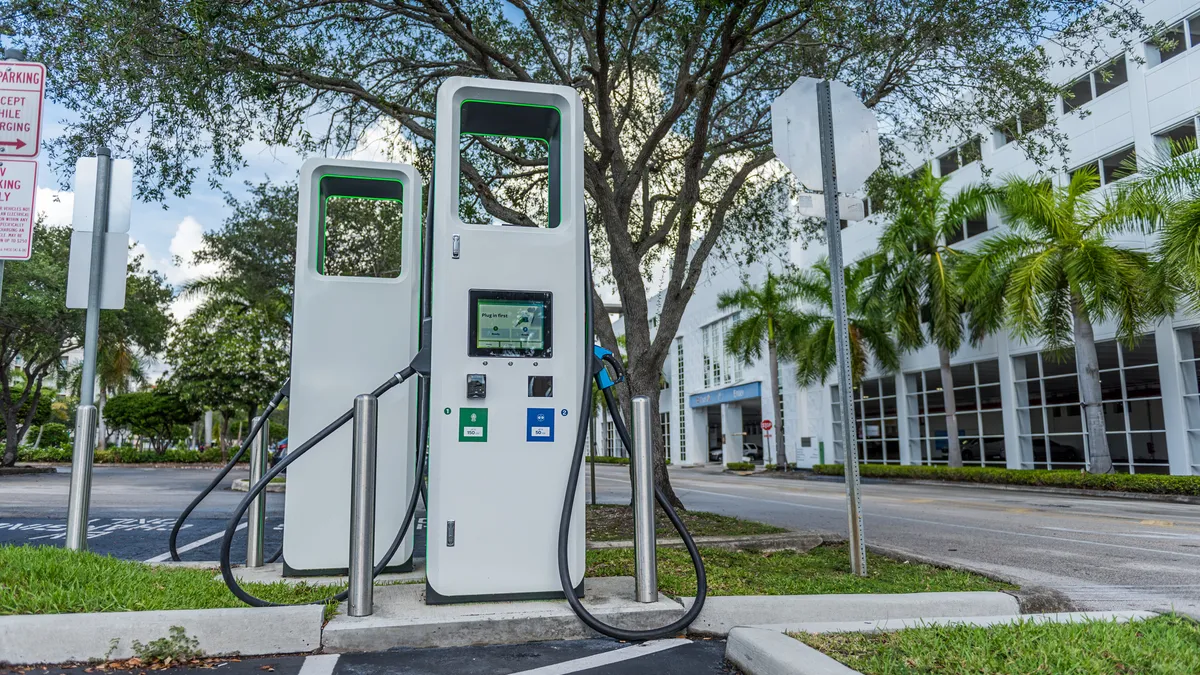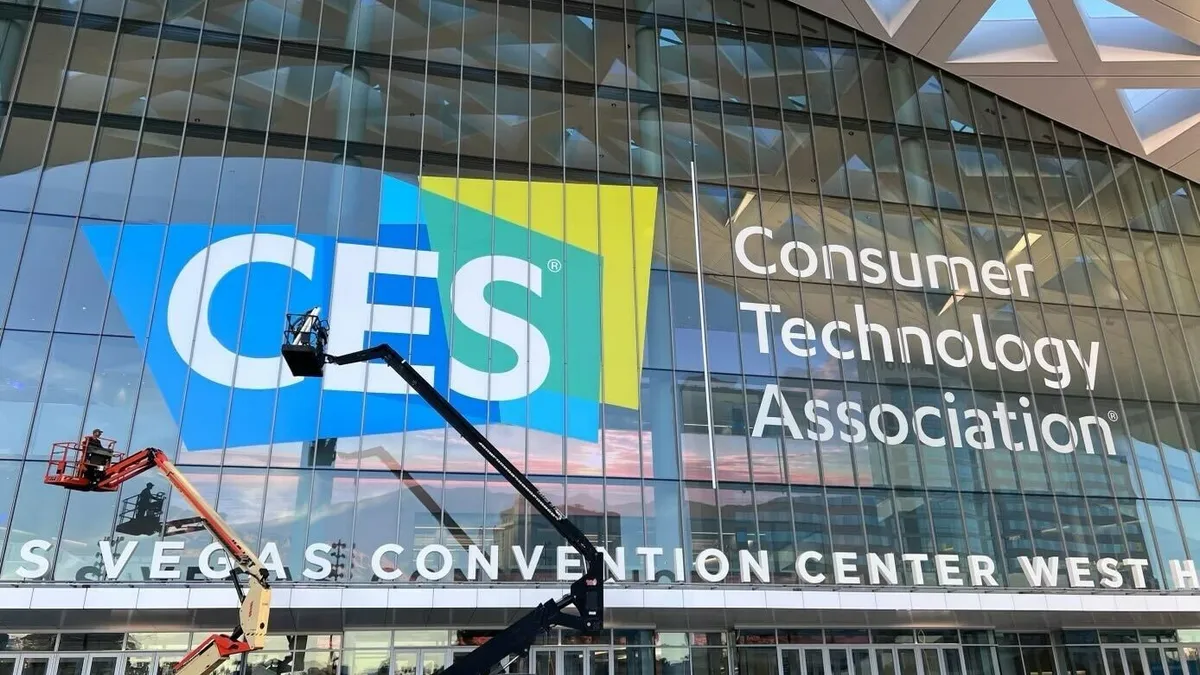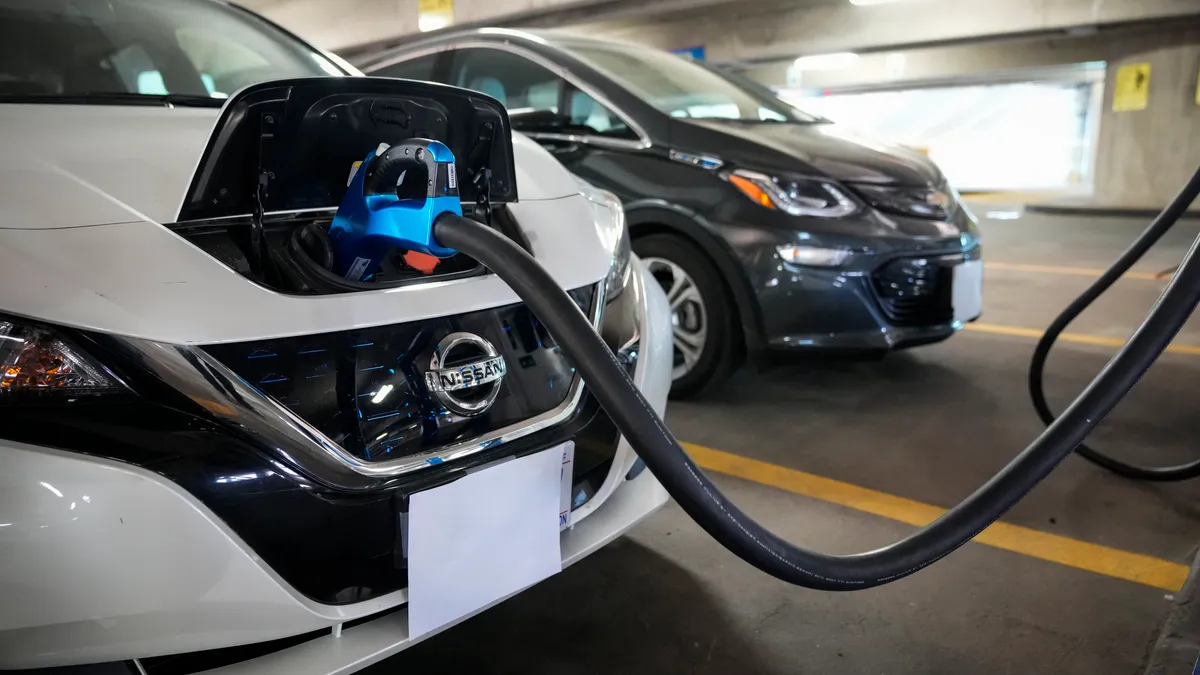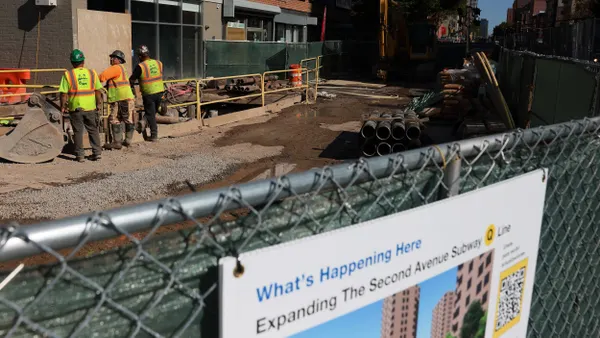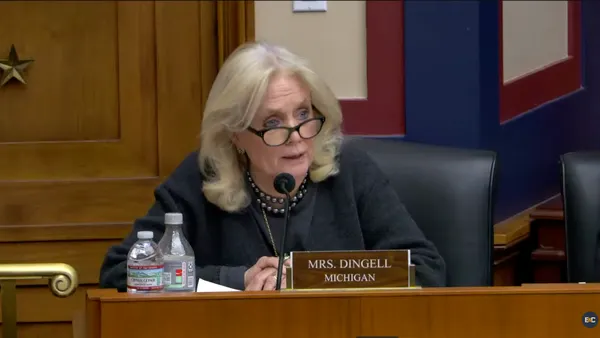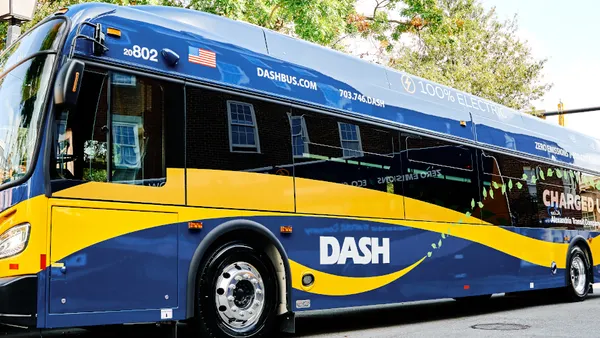Dive Brief:
-
States should provide local governments with detailed guidance about how to change their policies and operations to encourage the installation of more electric vehicle charging stations, said Trevor Pawl, Michigan’s chief mobility officer, during a panel discussion on Thursday at the CES trade show in Las Vegas.
-
Outdated regulations can make it difficult for real estate developers, EV charging companies and others to install charging stations, he said. And many local governments lack the resources to revise their policies and processes to meet the nation’s growing need for charging infrastructure.
-
Adam Woolway, head of EV at Parkopedia, a parking app, said that greater coordination in Europe had led to a more consistent “user journey,” which he views as crucial to EV adoption, than in the U.S.
Dive Insight:
Panelists representing automakers, energy utilities, states and technology companies said that public charging stations are essential to EV adoption because they address consumers’ range anxiety, even though most people will likely charge their vehicles at home or work most of the time.
But “states need to write the playbook” on EV charging to help coordinate among under-resourced local governments, Pawl said during the panel focused on vehicle electrification. He noted that governments in the U.S. are largely set up to address “20th-century problems” and suggested that governance changes may help support electrification and other transportation initiatives.
Spurred by billions of dollars in federal funding for electric vehicle charging infrastructure and fast-growing EV sales, companies are looking to place charging stations at convenience stores, coffee shops, multifamily housing sites and elsewhere. But, they’re hindered by nonexistent, inappropriate or outdated policies and permitting processes, said John Eichberger, executive director at the Fuels Institute, a non-advocacy research organization, in an interview with Smart Cities Dive in October.
In New York, a 2021 report by metropolitan planning organizations in Albany County gave best practices the village of Colonie could follow to support EV charger deployment, such as adopting zoning language that explicitly defines EV charging requirements or requiring EV chargers in new building developments.



